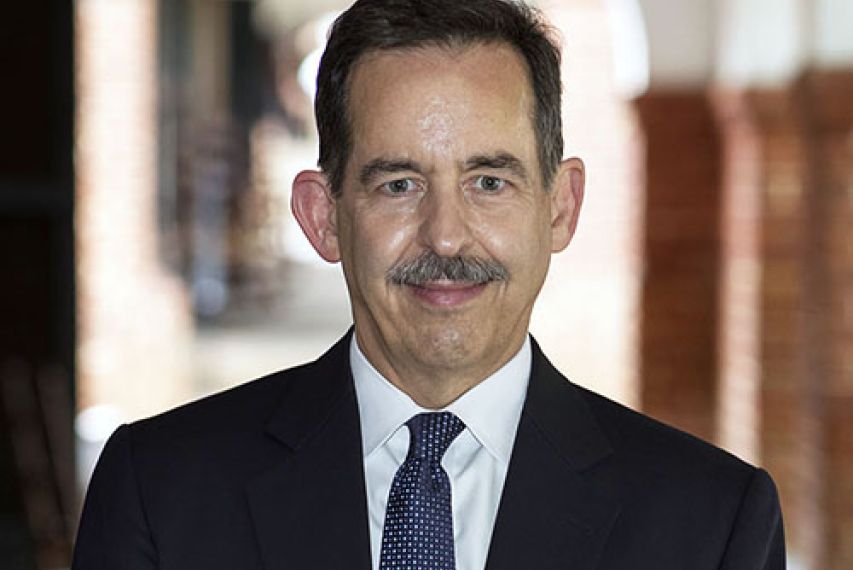From the beginning of the pandemic over a year ago, there has been an alarming and misguided tendency of some to blame and attack members of America’s Asian-Pacific community, including assaults on the streets, bullying in schools and on playgrounds, and hateful rhetoric from political leaders, creating an atmosphere of fear and uncertainty. Even our UVA community has not been immune from this different kind of virus. Reports of harassment and discrimination against UVA students of Asian-Pacific heritage on local streets and in retail establishments led University President Jim Ryan to issue a stern warning on the threat at a town hall in April 2020; which he repeated in a message last week. That fear of, and violence toward, “the other” has been a regular feature of pandemics around the world for centuries in no way excuses this destructive phenomenon, which tears at the social fabric just at the moment when communities need to come together to defeat a common threat.
While the pandemic is coincidental, the forces of bigotry and xenophobia it has unleashed on both sides threaten to inflame the rising tensions between the U.S. and China, potentially setting the countries on a road towards more serious conflict. Those tensions are well-known and not easily solved, including deep differences in our political and economic systems over the course of a long and troubled history, as well as more recent individual disputes on such as issues as the South China Sea, human rights in Hong Kong and Xinjiang, protection of intellectual property, trade policy, and accusations of espionage in cyberspace and on the ground. At the same time, the U.S. and China share significant interests in common on such issues as climate change, diverse and sustainable energy supply, improved economic infrastructure, fair and transparent trade rules, the nuclear threat from North Korea, and a stable and predictable security environment in the Asia-Pacific region.
Universities like UVA have a vital role to play in lighting the way out of the morass of pandemic-based racism and fear in order to get to work on advancing our common interests with China and equitably resolving our disputes. I remember well from my diplomatic career that solving even the most intractable conflicts must begin by developing empathy on each side for the other side’s perceptions, interests, and motives; empathy that can only be achieved through the kind of open and thorough communication that is a hallmark of academic exchange and global experiences. Engaging and supporting our community of Chinese students, scholars, and faculty – and that includes forthrightly standing with them and our other Asian-Pacific colleagues in the face of bigotry and hateful rhetoric wherever we see or hear it – is an important first step to reversing the slide towards a broader conflict that if left unresolved will weaken all of us in solving the pressing global dangers we face in common.
Stay Global!




